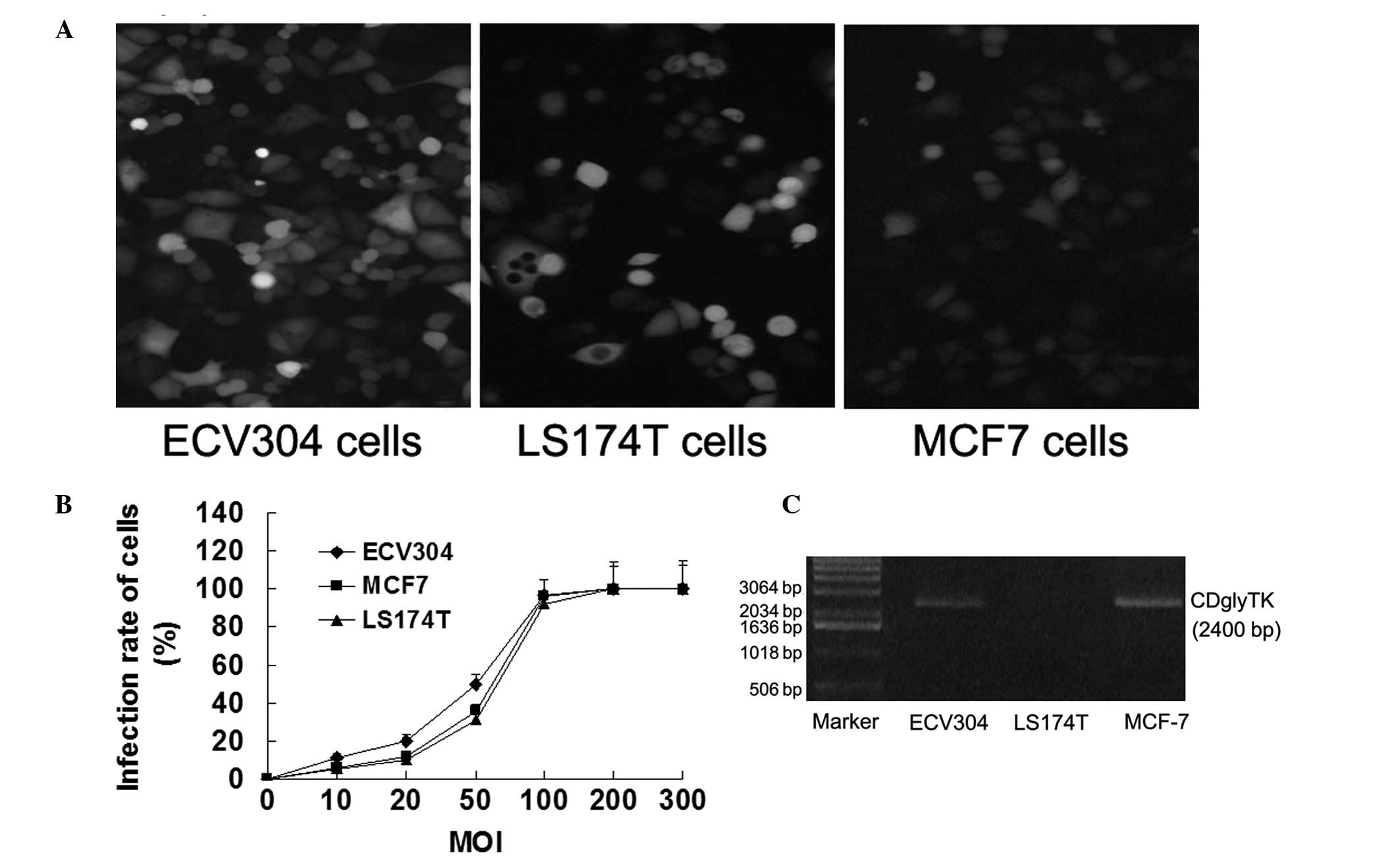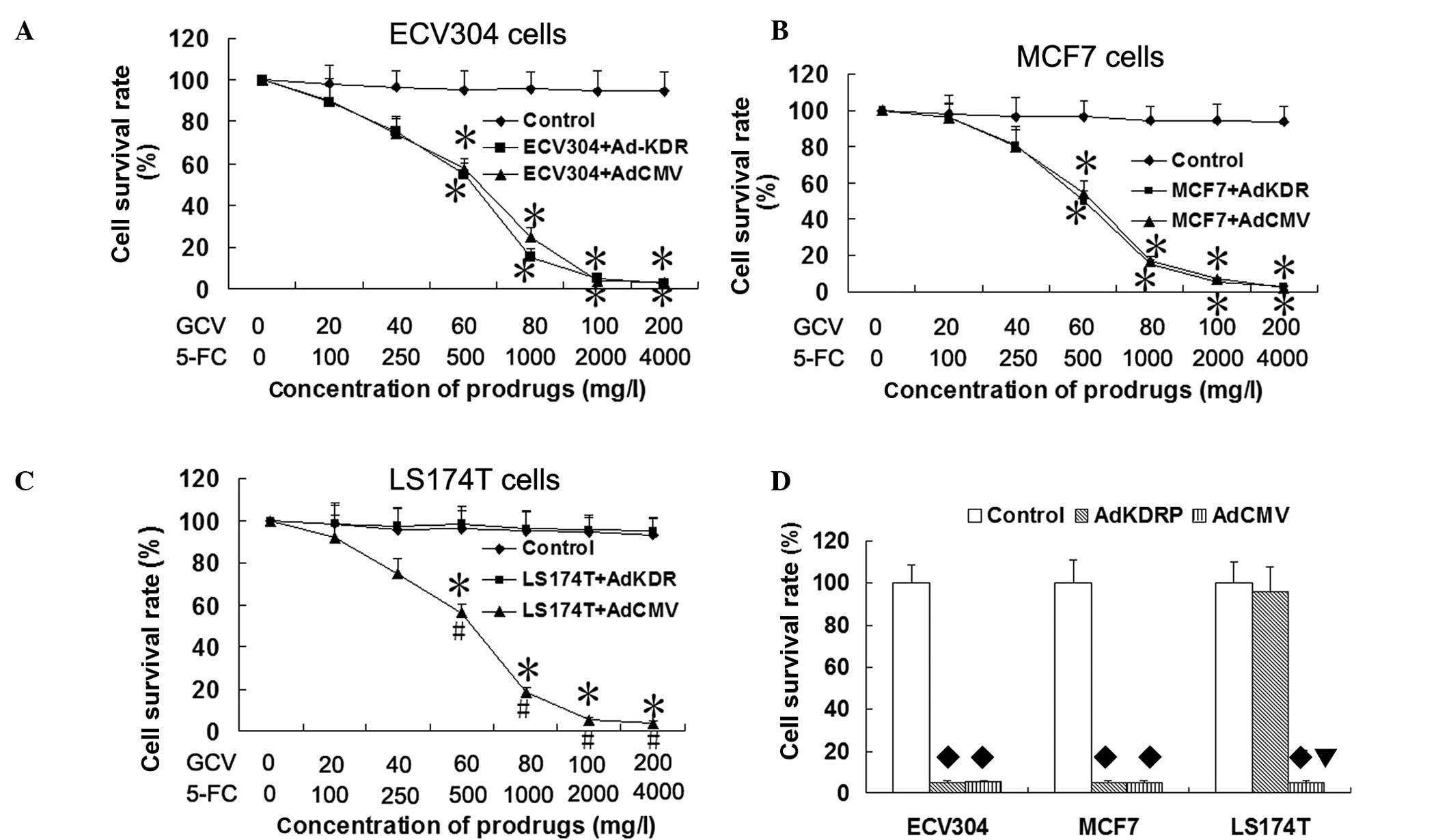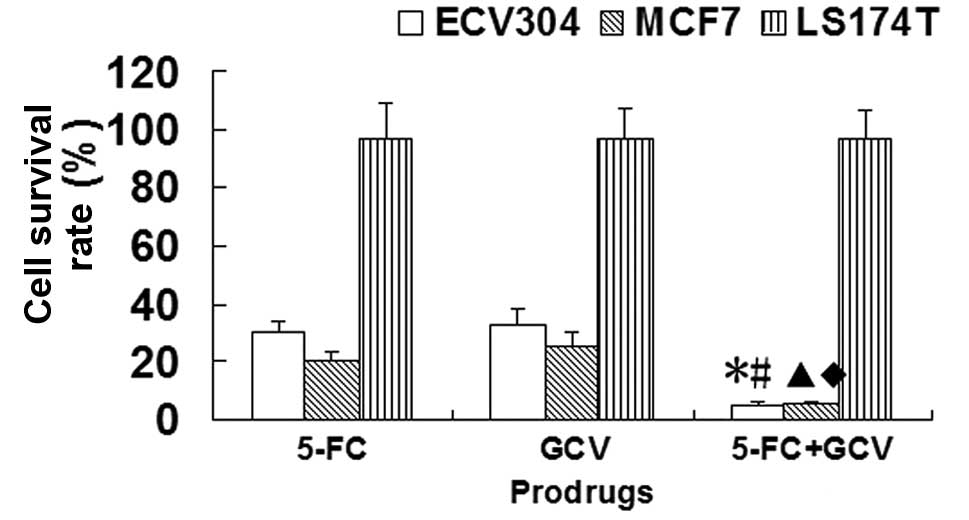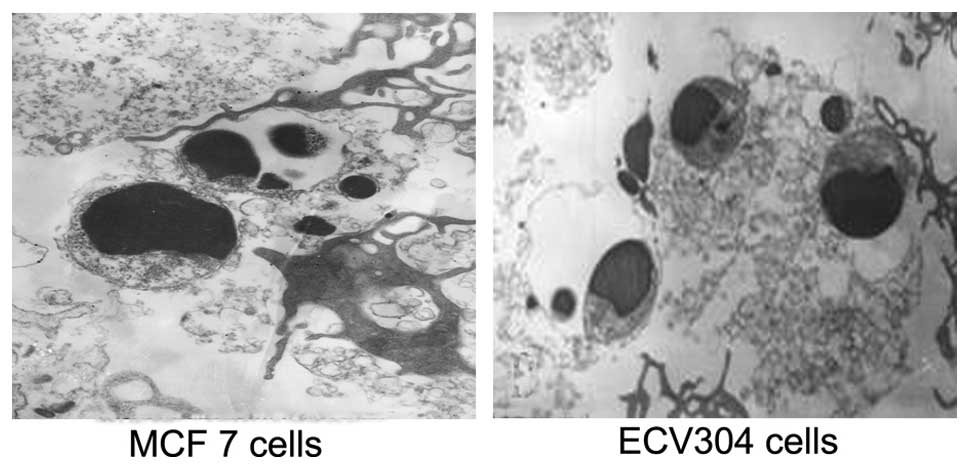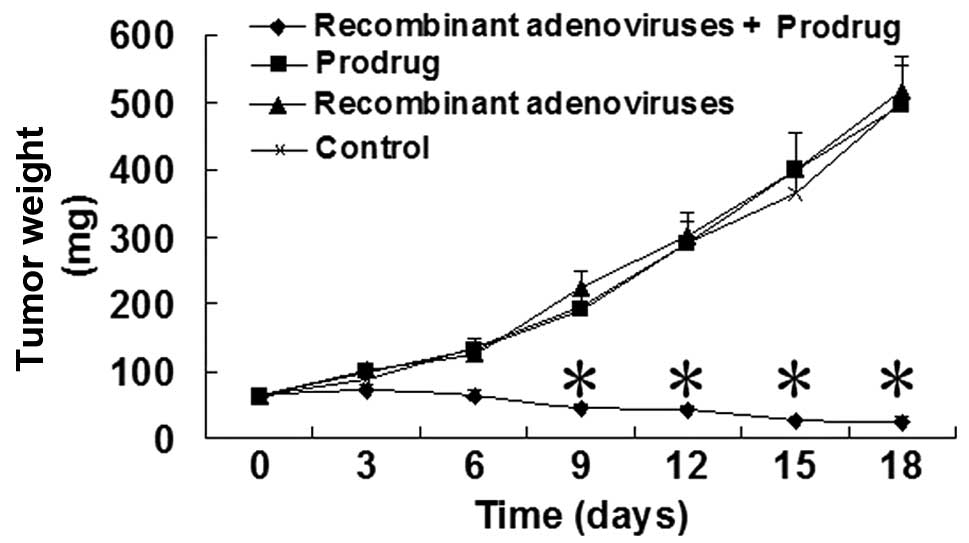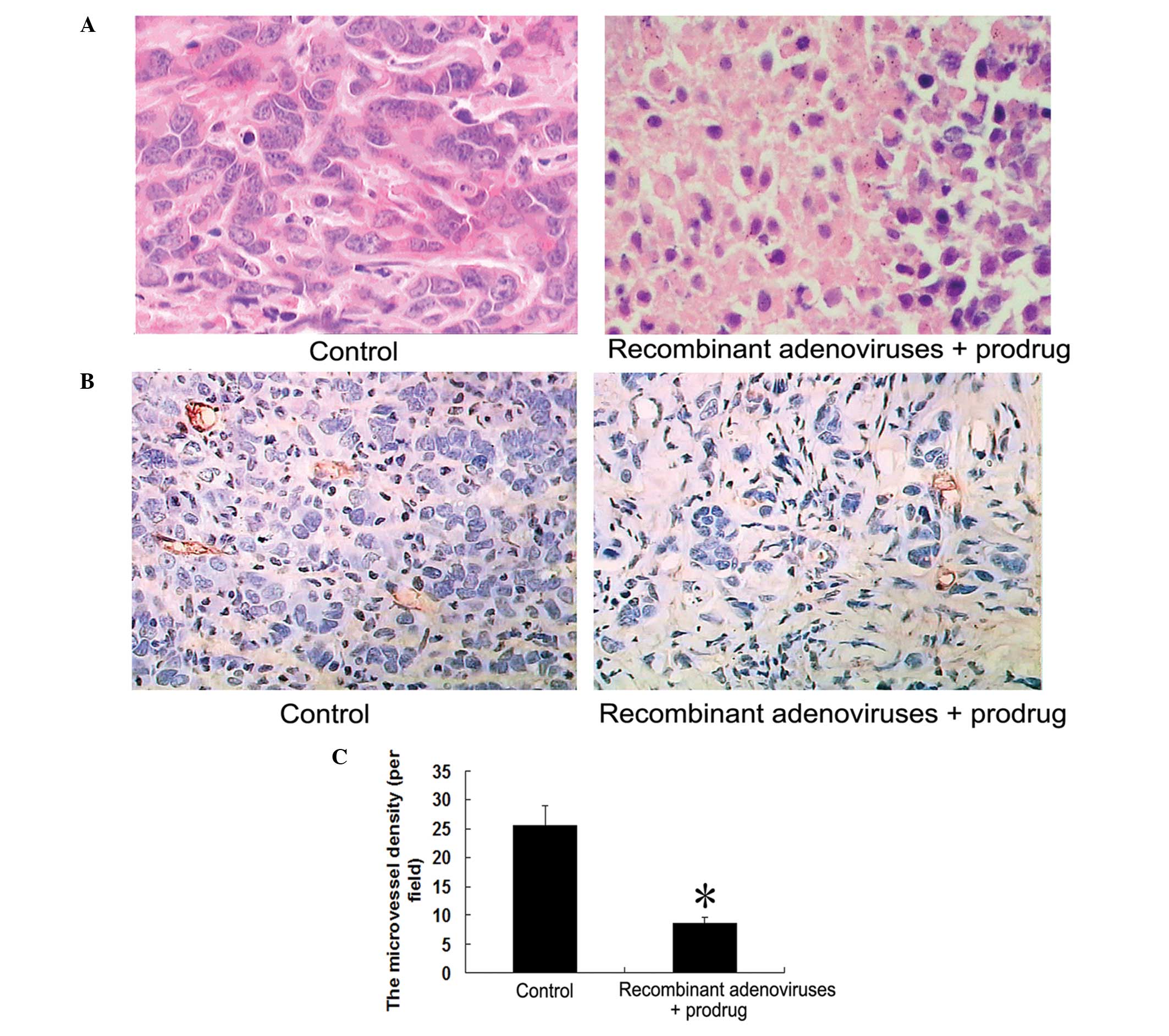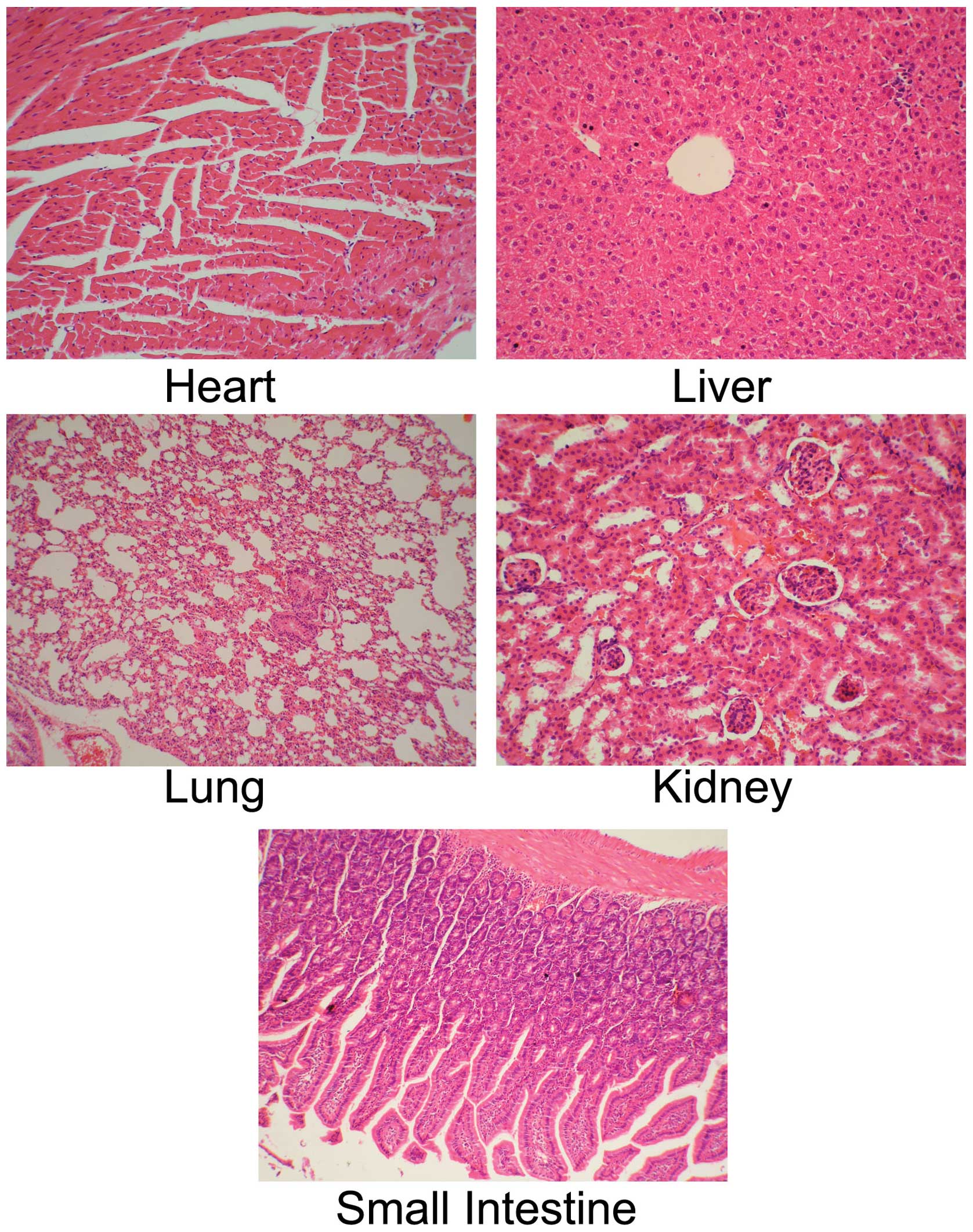|
1
|
Sankaranarayanan R, Swaminathan R, Jayant
K and Brenner H: An overview of cancer survival in Africa, Asia,
the Caribbean and Central America: the case for investment in
cancer health services. IARC Sci Publ. 162:257–291. 2011.PubMed/NCBI
|
|
2
|
Gebbia V, Boussen H and Valerio MR: Oral
metronomic cyclophosphamide with and without methotrexate as
palliative treatment for patients with metastatic breast carcinoma.
Anticancer Res. 32:529–536. 2012.PubMed/NCBI
|
|
3
|
Mustacchi G, Cazzaniga ME, Pronzato P, et
al: Breast cancer in elderly women: a different reality? Results
from the NORA study. Ann Oncol. 18:991–996. 2007. View Article : Google Scholar : PubMed/NCBI
|
|
4
|
Cocconi G, Caminiti C, Zaninetta G, et al:
National survey of medical choices in caring for terminally ill
patients in Italy, a cross-sectional study. Tumori. 96:122–130.
2010.PubMed/NCBI
|
|
5
|
Chatterjee SJ and Pandey S:
Chemo-resistant melanoma sensitized by tamoxifen to low dose
curcumin treatment through induction of apoptosis and autophagy.
Cancer Biol Ther. 11:216–228. 2011. View Article : Google Scholar : PubMed/NCBI
|
|
6
|
Kim KY, Kim SU, Leung PC, et al: Influence
of the prodrugs 5-fluorocytosine and CPT-11 on ovarian cancer cells
using genetically engineered stem cells: tumor-tropic potential and
inhibition of ovarian cancer cell growth. Cancer Sci. 101:955–962.
2010. View Article : Google Scholar : PubMed/NCBI
|
|
7
|
Tai CK, Wang W, Lai YH, et al: Enhanced
efficiency of prodrug activation therapy by tumor-selective
replicating retrovirus vectors armed with the Escherichia
coli purine nucleoside phosphorylase gene. Cancer Gene Ther.
17:614–623. 2010. View Article : Google Scholar : PubMed/NCBI
|
|
8
|
Kucerova L, Matuskova M, Hlubinova K, et
al: Bystander cytotoxicity in human medullary thyroid carcinoma
cells mediated by fusion yeast cytosine deaminase and
5-fluorocytosine. Cancer Lett. 311:101–112. 2011. View Article : Google Scholar
|
|
9
|
Cottin S, Gould PV, Cantin L, et al: Gap
junctions in human glioblastomas: implications for suicide gene
therapy. Cancer Gene Ther. 18:674–681. 2011. View Article : Google Scholar : PubMed/NCBI
|
|
10
|
Vernimmen D, Gueders M, Pisvin S, et al:
Different mechanisms are implicated in ERBB2 gene overexpression in
breast and in other cancers. Br J Cancer. 89:899–906. 2003.
View Article : Google Scholar : PubMed/NCBI
|
|
11
|
Tomizawa M, Yu L, Wada A, et al: A
promoter region of the midkine gene that is frequently expressed in
human hepatocellular carcinoma can activate a suicide gene as
effectively as the alpha-fetoprotein promoter. Br J Cancer.
89:1086–1090. 2003. View Article : Google Scholar
|
|
12
|
Beierle EA, Dai W, Langham MR Jr, et al:
Expression of VEGF receptors in cocultured neuroblastoma cells. J
Surg Res. 119:56–65. 2004. View Article : Google Scholar : PubMed/NCBI
|
|
13
|
Siemann DW and Shi W: Efficacy of combined
antiangiogenic and vascular disrupting agents in treatment of solid
tumors. Int J Radiat Oncol Biol Phys. 60:1233–1240. 2004.
View Article : Google Scholar : PubMed/NCBI
|
|
14
|
Ma J, Li M, Mei L, et al: Double suicide
genes driven by kinase domain insert containing receptor promoter
selectively kill human lung cancer cells. Genet Vaccines Ther.
9:1–6. 2011.PubMed/NCBI
|
|
15
|
Yu Z, Wang H, Zhang L, et al: Both
p53-PUMA/NOXA-Bax-mitochondrion and p53-p21cip1 pathways are
involved in the CDglyTK-mediated tumor cell suppression. Biochem
Biophys Res Commun. 386:607–611. 2009. View Article : Google Scholar : PubMed/NCBI
|
|
16
|
Yang D, Yang J, Lu F, et al: A new
membrane re-anchored protein originating from GPC3 against hepatoma
cells HepG2. Mol Med Report. 4:1067–1073. 2011.PubMed/NCBI
|
|
17
|
Huber BE, Austin EA, Good SS, et al: In
vivo antitumor activity of 5-fluorocytosine on human colorectal
carcinoma cells genetically modified to express cytosine deaminase.
Cancer Res. 53:4619–4626. 1993.
|
|
18
|
Weidner N, Folkman J, Pozza F, et al:
Tumor angiogenesis: a new significant and independent prognostic
indicator in early-stage breast carcinoma. J Natl Cancer Inst.
84:1875–1887. 1992. View Article : Google Scholar : PubMed/NCBI
|
|
19
|
Mauro LV, Bellido M, Morandi A, et al:
Association between mast cells of different phenotypes and
angiogenesis in colorectal cancer. Mol Med Report. 1:895–902.
2008.PubMed/NCBI
|
|
20
|
Oh JY, Park MY, Kim DR, et al: Combination
gene therapy of lung cancer with conditionally replicating
adenovirus and adenovirus-herpes simplex virus thymidine kinase.
Int J Mol Med. 25:369–376. 2010.PubMed/NCBI
|
|
21
|
Ge YL, Zhang JY, Zhang X, et al:
Chemically modified siRNA directed against the KDR gene inhibits
the proliferation of breast cancer cells. Mol Med Report.
2:121–127. 2009.PubMed/NCBI
|
|
22
|
Szary J, Kalita K, Przybyszewska M, et al:
KDR promoter can transcriptionally target cytosine deaminase
suicide gene to cancer cells of nonendothelial origin. Anticancer
Res. 21:3471–3475. 2001.PubMed/NCBI
|
|
23
|
Rogulski KR, Wing MS, Paielli DL, et al:
Double suicide gene therapy augments the antitumor activity of a
replication-competent lytic adenovirus through enhanced
cytotoxicity and radiosensitization. Hum Gene Ther. 11:67–76. 2000.
View Article : Google Scholar
|
|
24
|
Qiu Y, Peng GL, Liu QC, et al: Selective
killing of lung cancer cells using carcinoembryonic antigen
promoter and double suicide genes, thymidine kinase and cytosine
deaminase (pCEA-TK/CD). Cancer Lett. 316:31–38. 2012. View Article : Google Scholar
|
|
25
|
Fischer U, Steffens S, Frank S, et al:
Mechanisms of thymidine kinase/ganciclovir and cytosine
deaminase/5-fluorocytosine suicide gene therapy-induced cell death
in glioma cells. Oncogene. 24:1231–1243. 2005. View Article : Google Scholar : PubMed/NCBI
|















